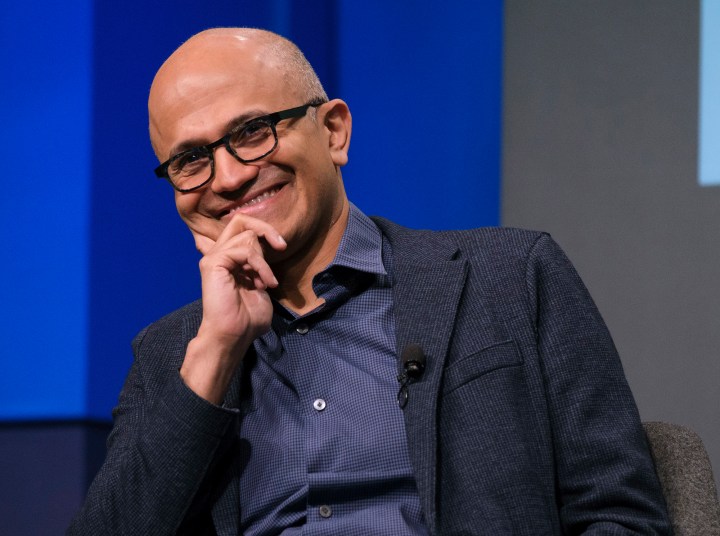
It looks like OpenAI’s ChatGPT and Sora, among other projects, are about to get a lot more juice. According to a new report shared by The Information, Microsoft and OpenAI are working on a new data center project, one part of which will be a massive AI supercomputer dubbed “Stargate.” Microsoft is said to be footing the bill, and the cost is astronomical as the name of the supercomputer suggests — the whole project might cost over $100 billion.
Spending over $100 billion on anything is mind-blowing, but when put into perspective, the price truly shows just how big a venture this might be: The Information claims that the new Microsoft and OpenAI joint project might cost a whopping 100 times more than some of the largest data centers currently in operation.
That estimate reportedly comes from people who are in the know and involved in conversations about the project, including a person who spoke to Sam Altman, CEO of OpenAI, as well as someone who has access to Microsoft’s initial cost analysis. The publication kept the sources anonymous.
The Stargate supercomputer is said to be based in the U.S. and, as according to Reuters, would be the biggest out of many installations Microsoft and OpenAI are gearing up to build over the next few years. Stargate may launch as soon as 2028, but before it does, OpenAI will still receive periodic upgrades, with its next major AI update planned for early 2025.

Stargate marks the fifth and final (for now) phase of Microsoft and OpenAI’s supercomputer projects, and the companies are currently in the middle of the third phase. Microsoft is reportedly already working on the fourth-phase supercomputer, which will be smaller than Stargate and may be launched by 2026.
It’s unclear what Stargate might be capable of, but given the current AI boom and the need for AI models to keep evolving, it’s hardly a surprise. GPT-5 is on the horizon, and for OpenAI and Microsoft to keep pushing the limits of AI, these massive data centers are a necessity.
As the joint venture may cost more than $115 billion when all is said and done, it’s worth noting that such an expense would amount to more than three times what Microsoft spent on capital expenditures for buildings, equipment, and servers during 2023. Where will all of that money go? The Information claims that the bulk of the cost of this five-phase plan comes from needing to buy AI chips. On that note, it’s a good time to be Nvidia.



